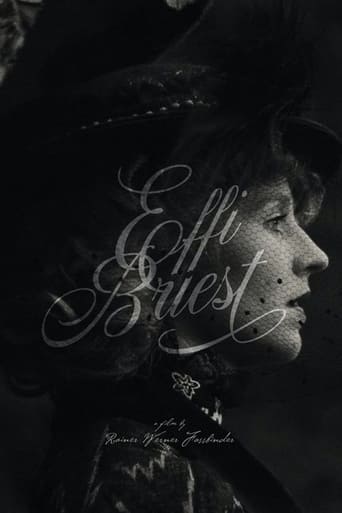


Effi Briest
When 17-year-old Effi Briest marries the elderly Baron von Instetten, she moves to a small, isolated Baltic town and a house that she fears is haunted. Starved for companionship, Effi begins a friendship with Major Crampas, a charismatic womanizer.
-
- Cast:
- Hanna Schygulla , Wolfgang Schenck , Ulli Lommel , Lilo Pempeit , Irm Hermann , Karlheinz Böhm , Karl Scheydt


Similar titles
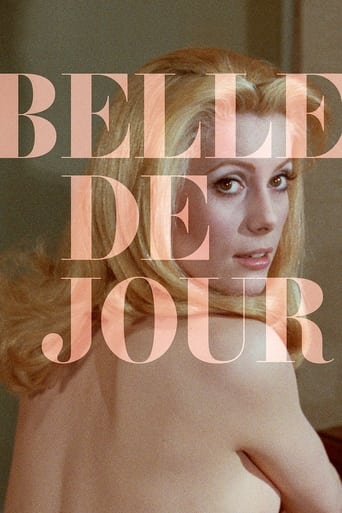
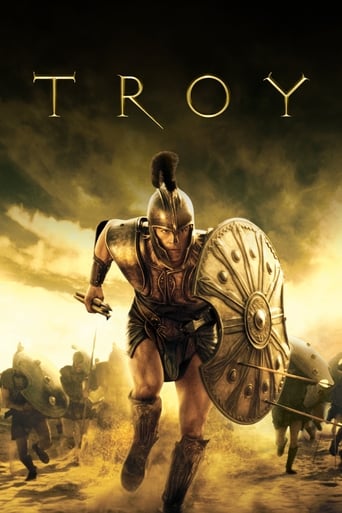
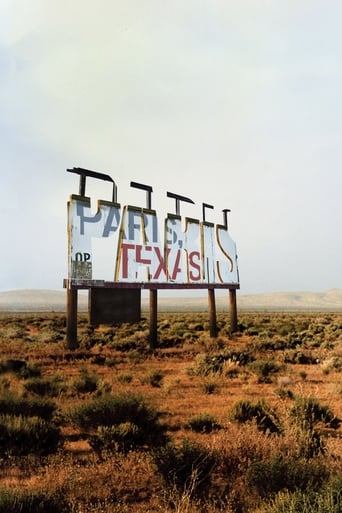


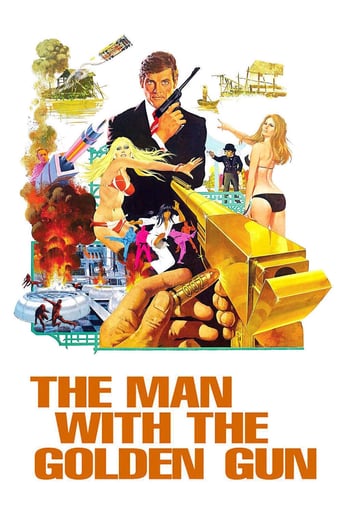




Reviews
Slow pace in the most part of the movie.
Fantastic!
This is a small, humorous movie in some ways, but it has a huge heart. What a nice experience.
An old-fashioned movie made with new-fashioned finesse.
I consider Rainer Werner Fassbinder to be the single most overrated director of all times. I have desperately tried to understand what all the fuss is about when most of his movies seem like movie Experiments gone badly wrong. Effi Briest is at least an accomplished movie with a unique style, although at 2 hours 15 minutes it's pretty slow and overly long.Fassbinder being an eccentric artiste, couldn't just use the title of the novel but came up with a monstrous title (which the IMDb spellchecker doesn't allow me to quote here) that doesn't make much sense in German, but seems to give the movie a Marxist twist (it alludes to "many know their possibilities and requirements but chose to support the ruling system"). The title is usually mercifully shortened to just "Fontane Effi Briest".At the time, the sound recording of films was still a considerable technical problem, so that the entire film was dubbed (the voices and partially also the background noises were re-recorded in a studio and added to the film in post-production). The dubbing was done very meticulously so that the voices are in perfect synchronicity with the lip movements. The voices are in several cases not of the actual actors, for example Eva Mathes was dubbed by another actress, and voiced yet another actress). This gives the film a touch of artificiality and a sense of heightened reality, which goes well with the slow pace of the story.So, for a Fassbinder, it's a surprisingly watchable movie. At the same time, there is no narration, no tension, nothing is building up to anything. It's love it and sit through it, or switch off the video.Interestingly, Fassbinder also has no intention of putting a new angle on the jaded story of the romantic girl falling victim to an uncaring world. I would love to see Effi as a competent woman trying to make her own rules, or even as a femme fatale for a change.
"Fontane Effi Briest" is a West German movie from the year 1974 and the writer and director is Rainer Werner Fassbinder, although the writer of the original work is of course Theodor Fontane as the title already tells us. It is not one of Fassbinder's earliest works, but he still decided to pick the black-and-white route again, maybe to show how old this story already is. At 140 minutes, it is easily among Fassbinder's longest films. And that's really a negative deal-breaker here. To me, this film dragged a whole lot on many many occasions. I hardly cared for Effi or any of the supporting characters at all as a consequence. And I also really hated the dialogues sometimes. Of course, they were adapted with the exact quotes from Fontane's novel I guess, but I did not like it at all. I usually like Fassbinder when he gives us his view on society or just on how people act within the boundaries of society. There are a handful films from him I really love and some I do not care about particularly, but this one here is really a major disappointment. It is probably my least favorite work from him and it's also not helping that he several actors that appear frequently in his films such as Schygulla, Lommel, Hermann and Böhm. I may be a bit biased as I did not like the recent version starring Julia Jentsch either, but I really only recommend this to huge fans of the Fontane work. Everybody else (even Fassbinder fans) will probably be majorly bored, because it's so different compared to everything else he has done, apart from the very slowly-moving plot. I can only shake my head at other reviewers who call this one of the best films ever made and give it 10 out of 10 stars. Highly not recommended.
Wow, I am out of sync on this German film. While the overall score is very respectable and the reviews are mostly glowing, I didn't like the film at all. Now I've seen about a dozen Fassbinder films and I often have really enjoyed them, but watching this one was a chore.First, the film's style seems less innovative or interesting than just dull and, dare I say it, cheap. The black & white film looked more like a way to save money than anything else and the film played like a long series of vignettes all strung together with awkward dissolves. This made it all seem very episodic--like the audience is getting snippets instead of seeing a story.Second, the story wasn't particularly interesting. The film played like a Bergman film WITHOUT the complexities. And, sadly, the film was slow and the characters uninvolving.Overall, I found watching this film a chore. There are many wonderful German films out there, but I assume the average person would also find this film dry and unapproachable, as you need a lot of patience to stick with this film.
One the tablets used by Fassbinder in this movie (the same method he shall use 6 years later in "Berlin Alexanerplatz") shows the text: "He put her under pressure wherever he could. So-to-say a calculus of fear" (Fontane). As any other calculi, also the calculus of fear consists of theorems. Speaking about the relationship between Von Instetten and Effi, we have: 1. Never treat her without menacing, but do not show the menace open, so that you can deny it after. 2. Isolate her from society, best make her a child as soon as possible so that she does not get bored. 3. Never praise her for what she is doing, unless in the presence of foreigners. 4. Praise her in front of her parents with whom you should establish a good friendship. If she is complaining later about her marriage, the guilt will be given to her.As the sub-title of the movie says (the longest ever used in a movie): The movie is about those people who are capable to see the unjustness of social rules but don't help changing them, and by doing so, confirm them. "Effi Briest" is therefore a typical Fassbinder movie which he liked to call "melodramas" and thus also a predecessor of his later "women-movies" about Maria Braun, Lola, Lili Marleen and Veronika Voss.That this film is an outstanding masterpiece has nowadays been recognized by all leading film experts around the world. Although Fassbinder let himself sometimes inspire by works of literature, Fontane's "Effi Briest" is one of his only three explicit literature adaptations, besides "Berlin Alexanderplatz" and "Querelle". One could perhaps go as far and say: While in "Effi Briest", society is criticized at the hand of one single, individual fate, in "Berlin Alexanderplatz" a society as a whole is put in the pillory, and in "Querelle" a possible alternative world after all the disgust is shown. Fassbinder made this long way in societal criticism in only eight years, during which he approached the society of the time in which he lived, by systematically coming closer to reach the 50ies of the 20th century (Lola). His movies can be seen as chronicles of different means of suppression by using calculi which turn out to be independent of time.
